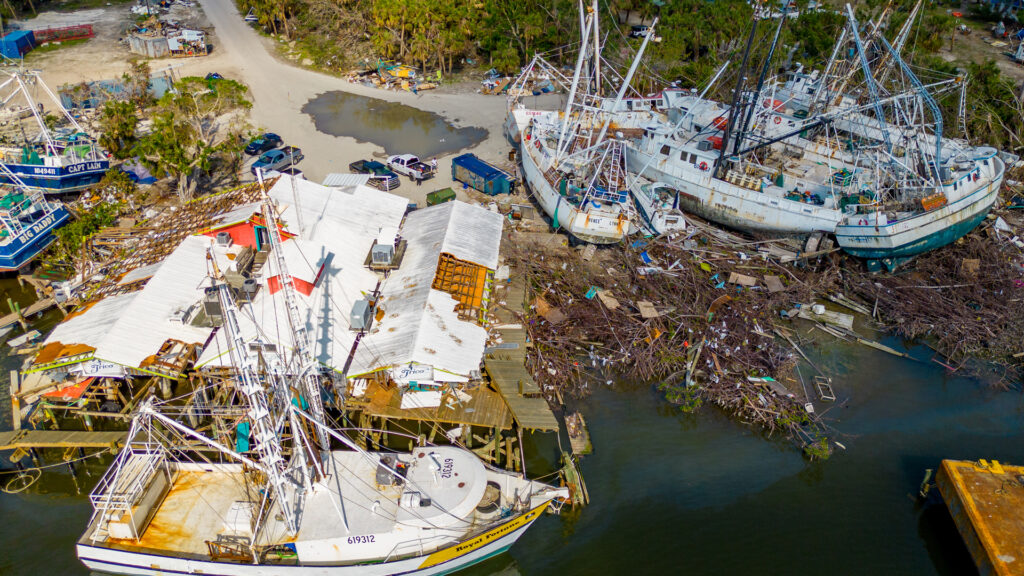A roundup of news items related to climate change and other environmental issues in Florida:
Insurance firms need more climate change information. Scientists say they can help | NPR

Climate-driven floods, hurricanes, wildfires and heat waves cause billions of dollars of damage every year in the United States. Federal scientists hope that better access to climate data will help one industry adapt: property insurers.
Insurance companies are on the hook to pay for repairs after disasters, and even to rebuild entire homes and businesses that are destroyed. The growing cost to insurers was on full display last year, when Hurricane Ian caused more than $100 billion dollars of damage in Florida, at least half of which was insured.
As climate-driven extreme weather gets more common, insurance companies nationwide raise prices, or cancel policies altogether, leaving homeowners in the lurch. Florida, North Carolina, Louisiana, Colorado, Oregon and California have all seen insurers fold, cancel policies or leave the state after repeated floods, hurricanes and wildfires.
A look at why Wakulla Springs water could be at risk for gas contamination | Tallahassee Democrat
Wakulla County residents want stricter regulations of hazardous materials to protect groundwater, but county staff tell commissioners the Florida Department of Protection is not providing any guidance on how to meet citizens’ demands.
Residents and officials are trying to satisfy a desire to protect their drinking water and a unique Florida ecosystem without exposing the county to private property lawsuits by pre-empting federal and state regulations of petroleum.
Over the course of two public meetings in May, residents prompted officials to adopt an amendment to expand countywide a springs protection zone as part of a revision to a 29-year-old springs ordinance.
Orlando plastic study aims to reduce waste, protect waterways | WMFE
The city of Orlando is partnering with a team of local environmentalists to study the main sources of the city’s plastic pollution with the goal of reducing it.
The Circularity Assessment Protocol or CAP study will be conducted by scientists at the DC-based Ocean Conservancy and the University of Georgia.
J.P. Brooker is the director of Florida conservation for the Ocean Conservancy. He said the goal of the study is to determine how to reduce plastic waste while simultaneously protecting local waterways.
If you have any news items of note that you think we should include in our next roundup, please email The Invading Sea Editor Nathan Crabbe at ncrabbe@fau.edu. Sign up for The Invading Sea newsletter by visiting here.



